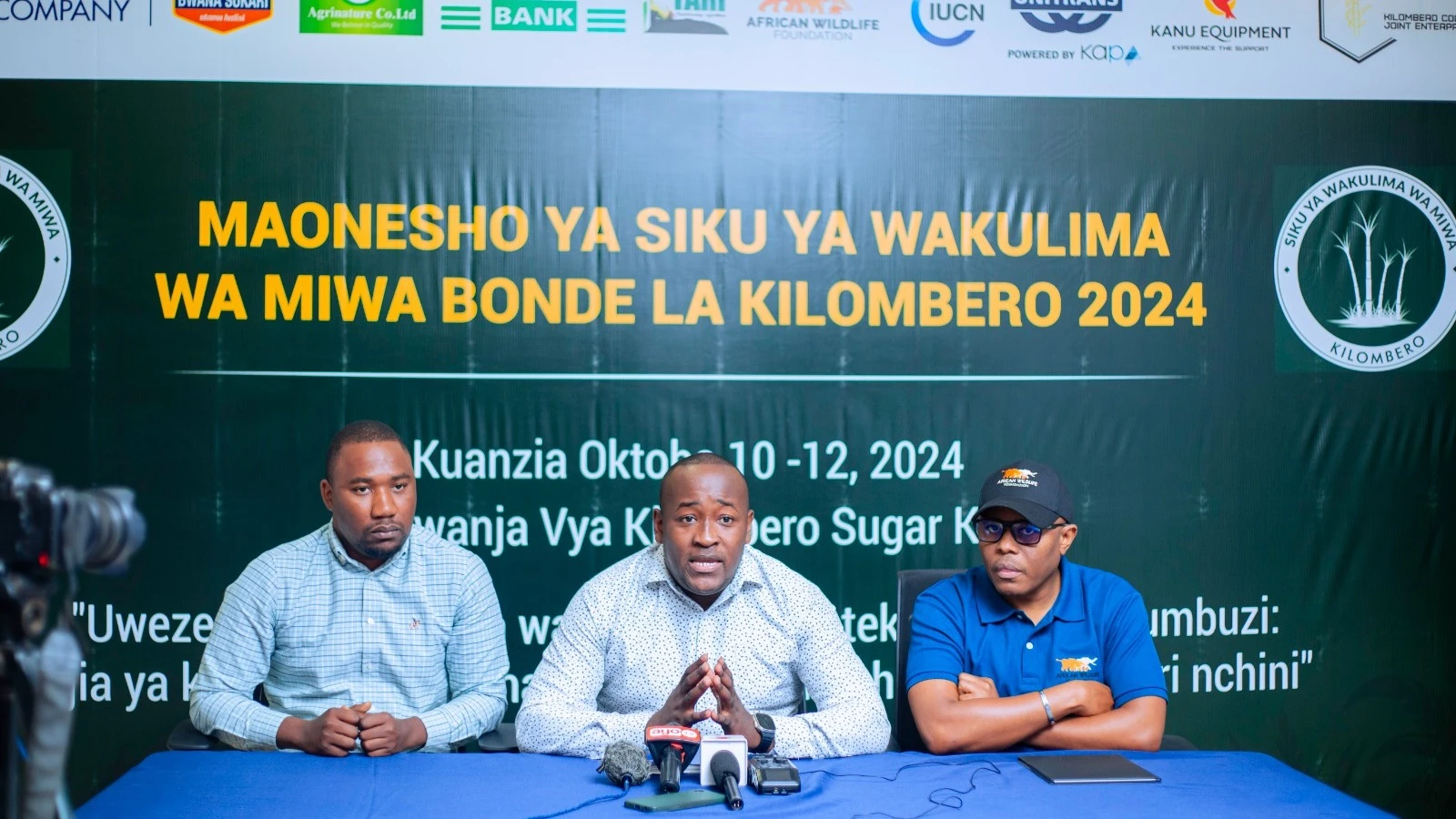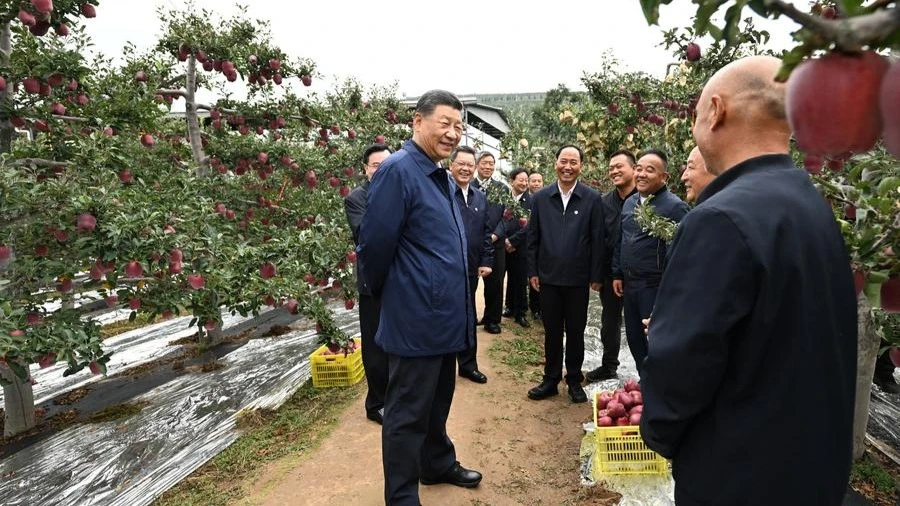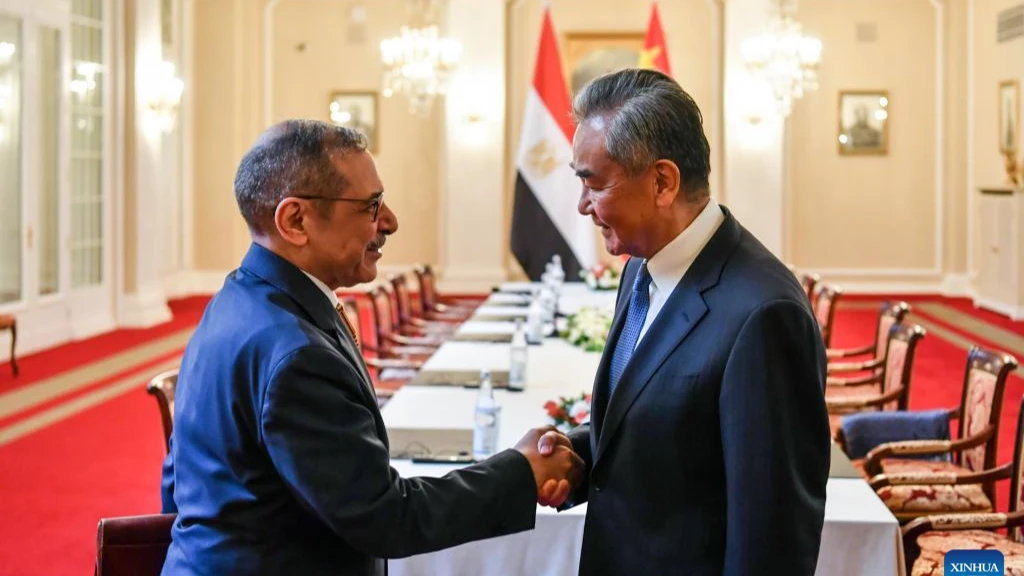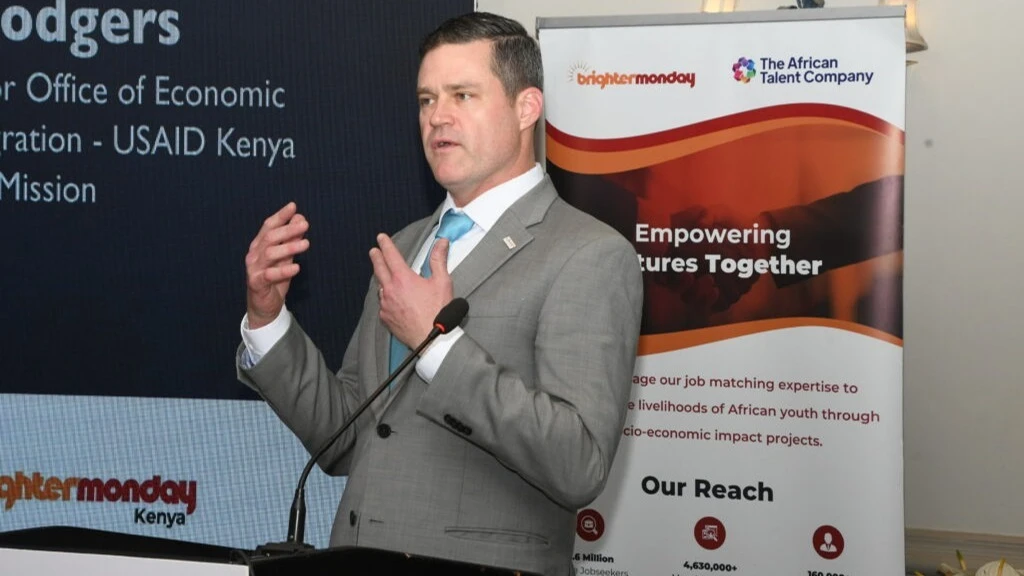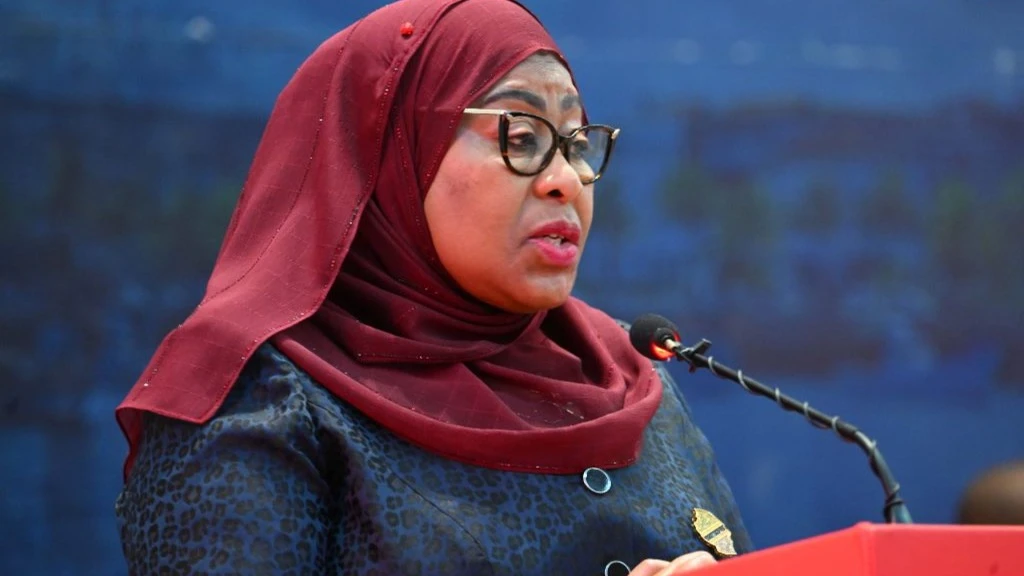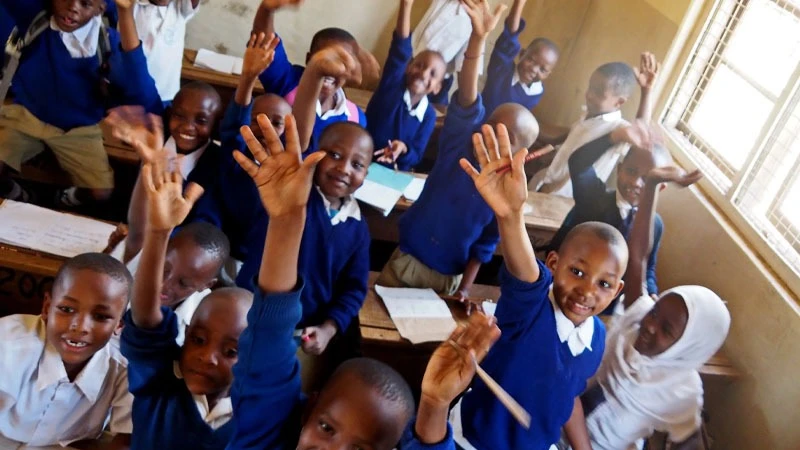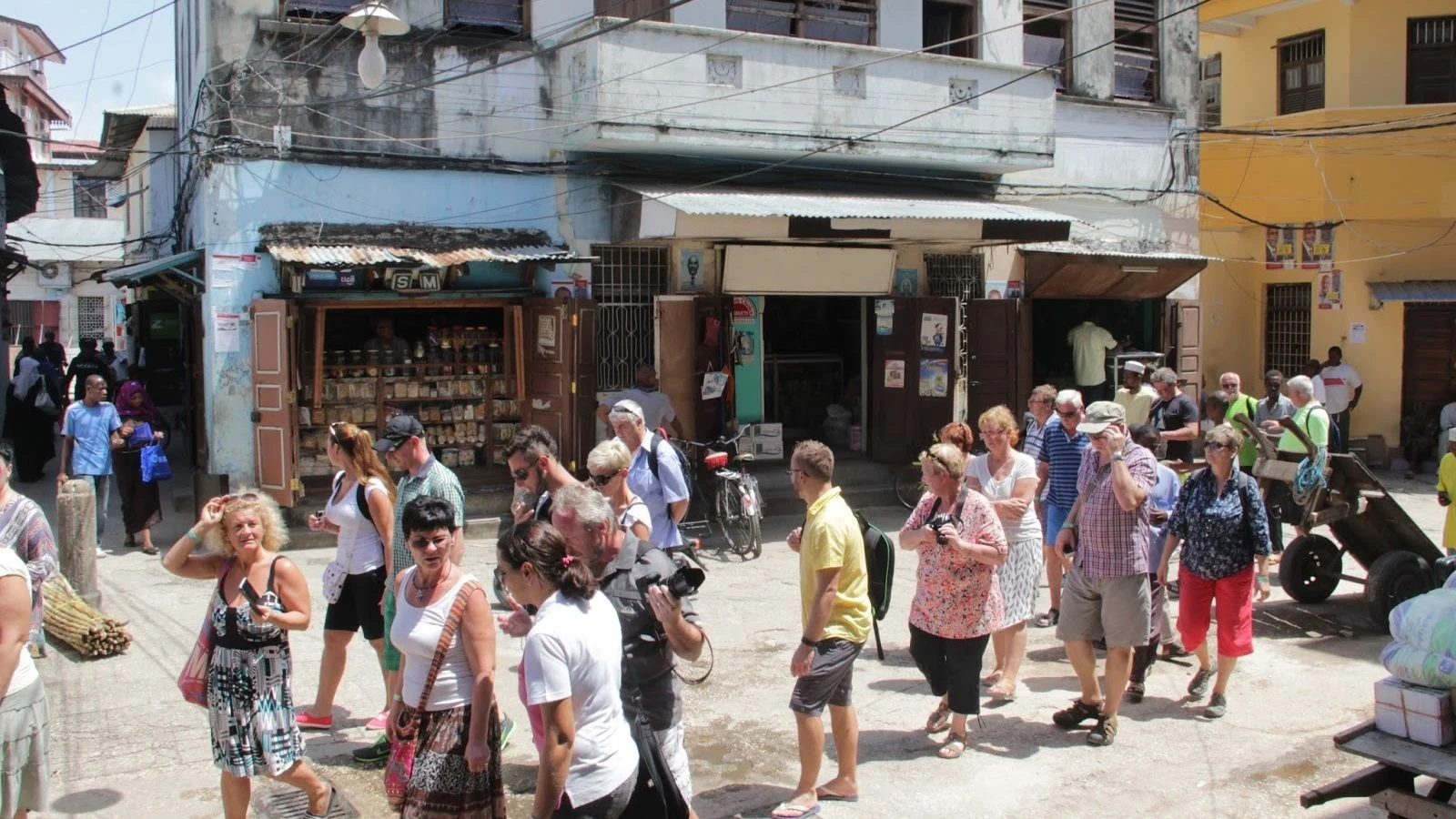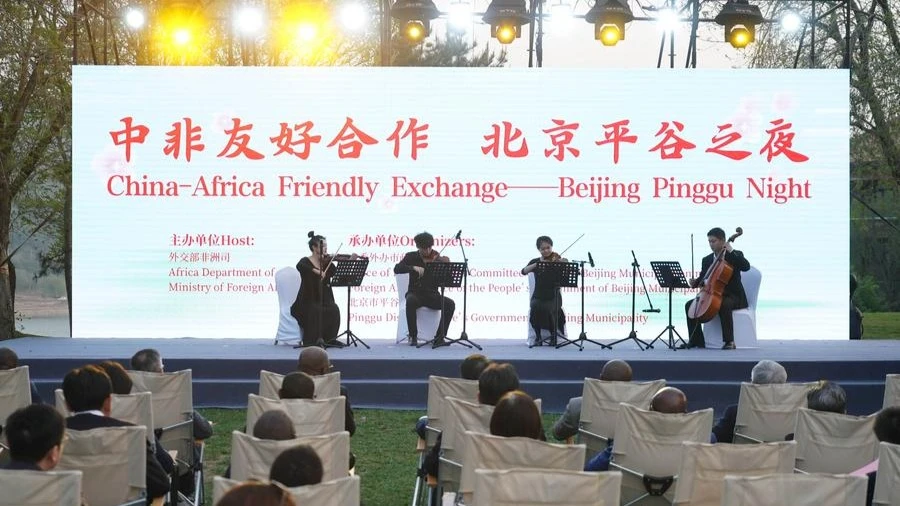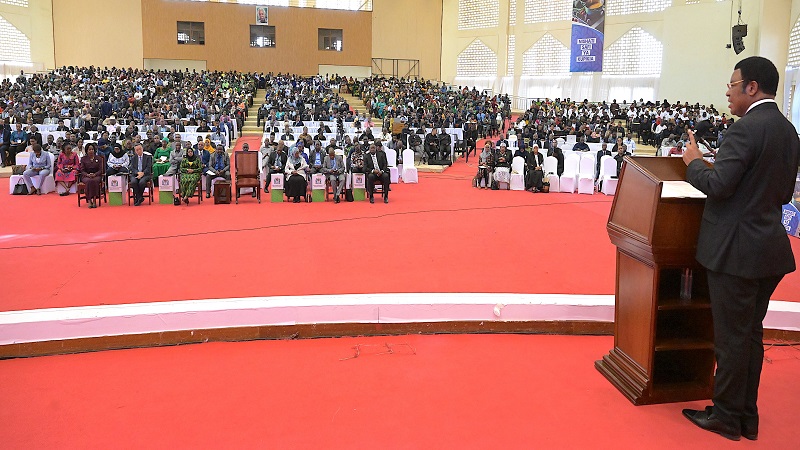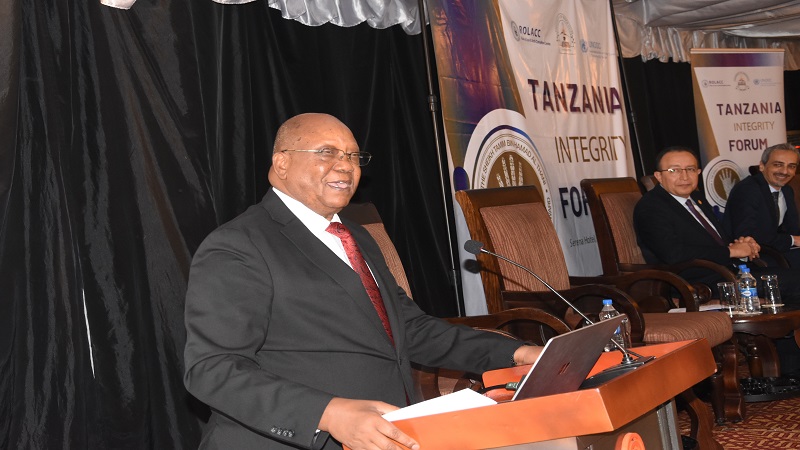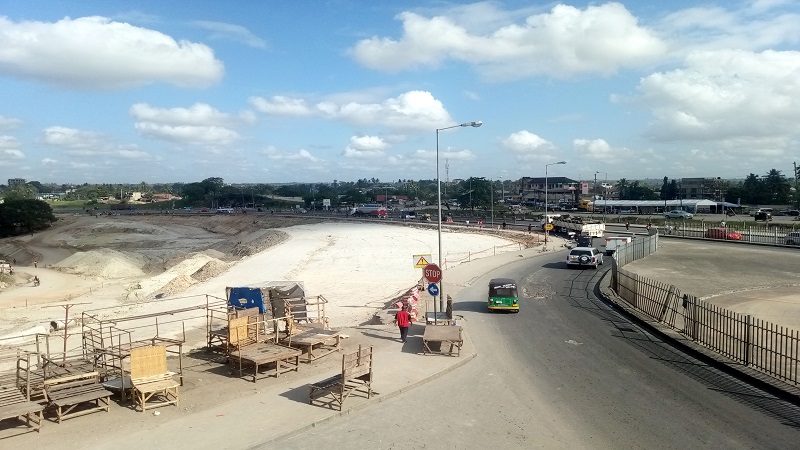Rwanda to host first-ever regional schools’ festival
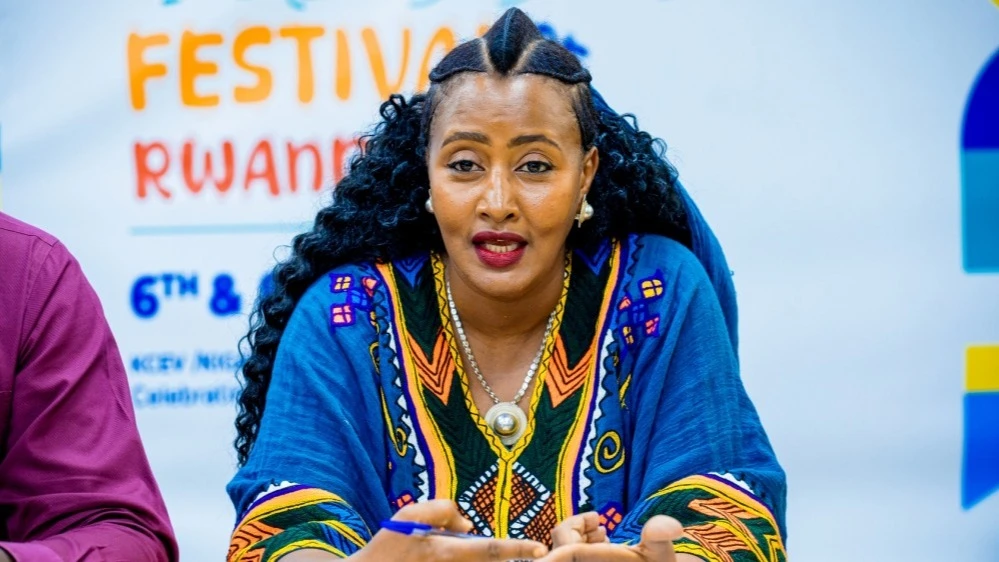
Rwanda will host a regional festival which will showcase a variety of educational curricula, offering students, educators, and parents an opportunity to explore the services available in the region, from December 6-8.
This festival, the first of its kind to be hosted by Rwanda, will bring together participants from more than 80 schools from Rwanda, Uganda, and Kenya.
It will provide a platform for the participants to showcase their educational programs and compete in various activities, according to the organisers.
Organised in collaboration with Flavours of Kigali Events, SACEL, and the Ministry of Education (MINEDUC), the festival aims to highlight Rwanda’s growing role as an educational hub in East Africa.
The festival will also feature a rich program of student performances, curriculum displays, and opportunities for parents to learn more about the educational options available to their children.
"This festival will not only showcase Rwanda's diverse educational offerings but also give schools from Uganda and Kenya a platform to highlight what makes their curricula unique,” Sarah Yesehak, CEO of Flavour of Kigali Events, told journalists on Thursday, August 22.
"Rwanda is becoming a hub for education, and we want to show the world that we have everything needed to provide top-quality education for both locals and foreigners," she added.
Yesehak noted the importance of demonstrating that Rwanda could offer quality education found in other countries.
"Many foreigners, and even some Rwandans, are sending their students abroad to places like Uganda and Kenya. We want to show them that they can find the same quality education right here in Rwanda," she said.
A variety of activities and competitions are planned, including spelling bees, debate competitions, and robotics exhibitions.
These events are designed to let students demonstrate the skills they have acquired through their respective curricula.
Another organiser, Brian Ombem, emphasised the importance of making the schools’ festival an annual event.
He said the event will be a platform for networking, idea-sharing, and marketing for educational institutions.
"Rwanda has a lot to offer, not just to its citizens but also to the world,” Ombem said.
“This festival is about showing that Rwanda is the best place for anyone interested in quality education, whether they are local or from abroad," he said.
Ombem also noted that many parents are searching for the right school for their children but lack the necessary information.
"This festival will provide them with the information they need, making it easier for them to choose the best educational path for their kids," he added.
The organisers want the Schools’ Festival of Rwanda to be a leading event in the region.
Ombem said that all public and private schools, regardless of the level of education, are invited to participate.
On the other hand, University of Rwanda’s College of Education, from May 13 to May 15, 2024, is hosting the 2nd International Conference on Re-shaping Education for Sustainable Development. The inaugural conference was held in 2023.
The event, organised by the University of Rwanda-College of Education (UR-CE) in collaboration with the Mastercard Foundation through the Leaders in Teaching (LIT) Programme, brings together educational researchers, practitioners, and policymakers worldwide to discuss and exchange insights on shaping the education landscape in the 21st Century.
Under the theme 'Re-examining Quality Education and Professionalism in the 21st Century', participants will delve into crucial topics such as enhancing education quality through policy, leadership, and management, teacher professional development, industry-academia collaboration, educational technology, pedagogical innovations, inclusive education, adult literacy, early childhood education, languages and social sciences education, and STEM, among others.
According to researchers, re-shaping education is integral to sustainable development.
“The conference is a platform to share experiences and to collect ideas that will help us to innovate our practices. The last conference helped us to get insights on how we can embark on reviewing our education programmes so that we can improve. When we improve our programmes, in the end, we improve the quality of the graduates,” said Florien Nsanganwimana, Principal of UR - College of Education.
He mentioned positive outcomes from the previous conference, such as content and structure.
“We have been able to shift from a three-year to a four-year programme to improve the practical skills that our teachers, and our students need. Now within the new programmes, students will have more time to practice in school, which was not possible in the previous programme,” he said.
Furthermore, he said, the College of Education has integrated ICT and enhanced English language proficiency among students.
“We are attracting different partners and practitioners. As far as English proficiency is concerned, we have already started, since last year, working with the British Council. With the integration of ICT, we are working with the Digital Skills Foundation. We thank Mastercard Foundation for providing financial support,” he said.
Nsanganwimana noted that there are still some challenges, such as accommodating the growing student population.
“That is why when we reflect on how to improve quality, we have to look at the current pedagogies that we apply while teaching or supporting learning and see how we can adjust with the class size. There is a problem with learning space including other facilities that are insufficient in case of big enrolment.
"We are embarking on blended learning and teaching by including more online sessions because when students have computers, they can be reached anywhere,” he said.
He added that with Artificial Intelligence (AI) dominating all sectors, educators must update their skills to meet 21st-century educational requirements.
Researchers who were funded under the Leaders in Teaching (LIT) programme are also exhibiting their projects at the conference.
The programme builds the capacity of academic staff and pre-service teachers in ICT, and Rwanda’s competence-based curriculum and research.
It provides opportunities for pre-service teachers to put theory into practice and strengthen the integration of ICT in teaching and learning. And for academic staff to enhance their research skills through training, academic exchange, and opportunities to undertake research through competitive research funding.
At least 18 research projects including completed and ongoing projects have been supported.
Three research projects have been completed, nine research grant proposals are currently under review and six projects’ implementations are ongoing.
According to Marie Claire Uwera, an assistant lecturer at the University of Rwanda, College of Education, reshaping education requires sharing expertise and experience among universities around the world.
“Researchers from different institutes are providing input for what we should do to reshape education, how we deliver, how we serve learners and align it with what is needed in the labour market by considering the necessary skills needed in the 21st Century. Lecturers need regular training to update ourselves so we get a package for the learners,” she said.
She added that even though technology such as Artificial Intelligence is helpful, learners should think critically instead of copying and pasting.
Prof. Wenceslas Nzabalirwa, Professor of Teacher Education at the University of Rwanda-College of Education, reiterated that lecturers need upgraded laboratories and ICT equipment to improve teaching and learning.
“Research projects are presented during the conference and the participants exchange solutions needed to improve education,” he said.
Didas Kayihura Muganga, the Acting Vice Chancellor of the University of Rwanda, said: “ Such international conferences help us to examine ourselves and compare how we are performing to other universities and researchers in Africa, Europe, America, and other continents so that we identify gaps and where to improve."
He said the current review should prioritise updating teachers’ skills to meet the evolving demands of 21st-century education.
Top Headlines
© 2024 IPPMEDIA.COM. ALL RIGHTS RESERVED











